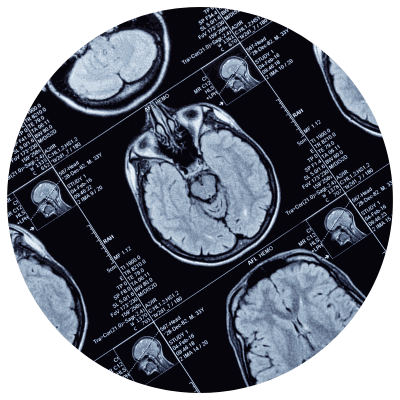Fat stores and cholesterol increase linked to faster brain aging beyond a certain period
May 10, 2023 | Histopathology
It was presumed that optimal balance between levels of food consumption and exercise maximizes healthy brain aging and the reduced risk for disease. However, current manifestations of Western lifestyle and obesity has now led to greater cognitive aging and dementia in middle to older adults.
To support these hypotheses, researchers from the University of California-Santa Barbara teamed up with the Tsimané and Mosetén tribes, two indigenous populations who inhabit along the tributaries of the Amazon River. Compared to urban post-industrialized populations, these groups have less reliable access to food and modern healthcare and in order to acquire them, lots of effort needs to be done. Meanwhile, people in urban countries are largely accustomed to eating more but exercising less. These habits are shown to be linked to decreases in brain volume and faster cognitive decline.
Comparing the rates of brain aging between US, European, and the two indigenous populations mentioned above using CT scans and other health-related measures, findings stated that:
(1) Tsimané reported very low rates of heart disease and dementia;
(2) Mosetén, a sister population to the former but whose lifestyle shifted away from subsistence, is more vulnerable to chronic diseases of aging but less so than in wealthy countries;
(3) European and US cohorts exhibited the fastest brain aging. Brain atrophy or brain shrinking is correlated with cognitive decline and risks of neurodegenerative diseases, including dementia and Alzheimers.
All these findings are consistent with the fact that our current environment is mismatched to our evolved biology, resulting in overshooting that mark. Finding that manageable life-long balance will lead us to having healthy brains.
